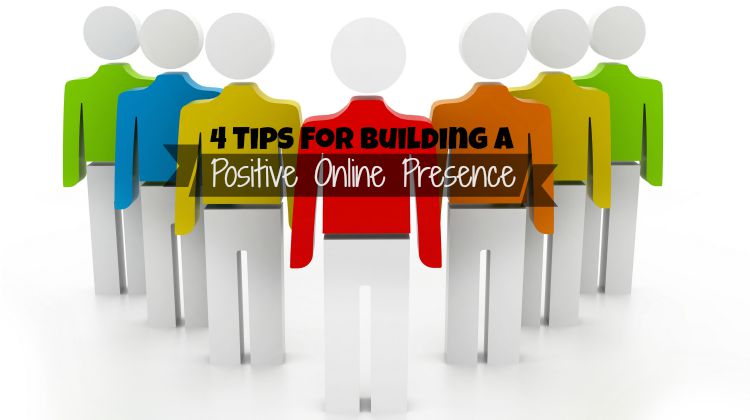
By now, most of us are well aware that sharing inappropriate photos, posts, or other information online could negatively impact our careers, but new research by CareerBuilder shows that these days, not having any online presence at all can be damaging, too.
According to the survey, 35 percent of employers are less likely to interview an applicant they can’t find online, and some even go as far as to send job candidates friend requests or ask to “follow” those who have private accounts.
If employers are going to these lengths, you can be sure that potential clients will be on the lookout for what your online persona reveals too, so it’s extremely important to build a positive online presence. Here are a few tips for doing just that.
1. Use LinkedIn to Its Full Potential
LinkedIn is by far the most important social network you could use as an entrepreneur, and once you learn to use it to its full potential, you’ll be far more visible to potential clients and investors.
Take the time to complete your LinkedIn profile, including a professional head shot, job title, information about your education and previous jobs, and any other relevant information such as volunteer experience or causes you’re passionate about. LinkedIn also allows other users to endorse your skills and recommend you to others based on their own experience working with you.
2. Keep One or Two Social Networks Exclusively for Professional Purposes
Since no one wants to notify their clients about their weekend plans or irritation with the public transportation system, the best way to get around this is to have one or two social networks that you use only for professional purposes and wouldn’t mind having a customer snoop around on.
Sites like Twitter and Google+ are best for this, as they make it easy to share information relevant to your line of work and add professional contacts, whereas Facebook tends to focus more on personal things like photos, comments, and interactions with friends and family.
3. Set Aside a Regular Slot for Updating Your Social Media
Having a Twitter or LinkedIn account isn’t going to do you much good if it’s inactive, so even if you don’t have a lot of time to spend developing your online profiles, you should make an effort to dedicate some time each week to keeping the social media profiles you use professionally up to date.
During these scheduled ‘social media slots,’ you can make sure your job title, experience, and qualifications are up to date, follow or connect with other industry professionals, and like, share or re-tweet articles and posts that are related to your line of work.
4. Google Yourself
Not only will ‘Googling’ yourself reveal anything that you may not want clients or investors to find, but it will also help you figure out how to make yourself more visible.
For instance, if you have a fairly common name, there’s a good chance your results will be hidden away somewhere on page two or three, which could make it more difficult for people to find you. One way to get around this would be to add your middle name on social networks, or even use your middle or maiden name instead of a more common one.
It’s also important to make sure that your job title is clearly stated, so if employers are looking for you using keywords like ‘Jennifer Smith, Media Consultant’ your name would pop up ahead of any of the other Jennifer Smiths on the Internet.
Keep in mind that even if you don’t do anything at all, your online brand already exists. If you want to stand out in the right way, you must make sure that what people find when they look for you online not only backs up what you’ve said on your website or over the phone, but adds to it.
About the Author
Marianne Stenger is a writer with Open Colleges. She covers everything from career development to learning tips and the latest research in education.